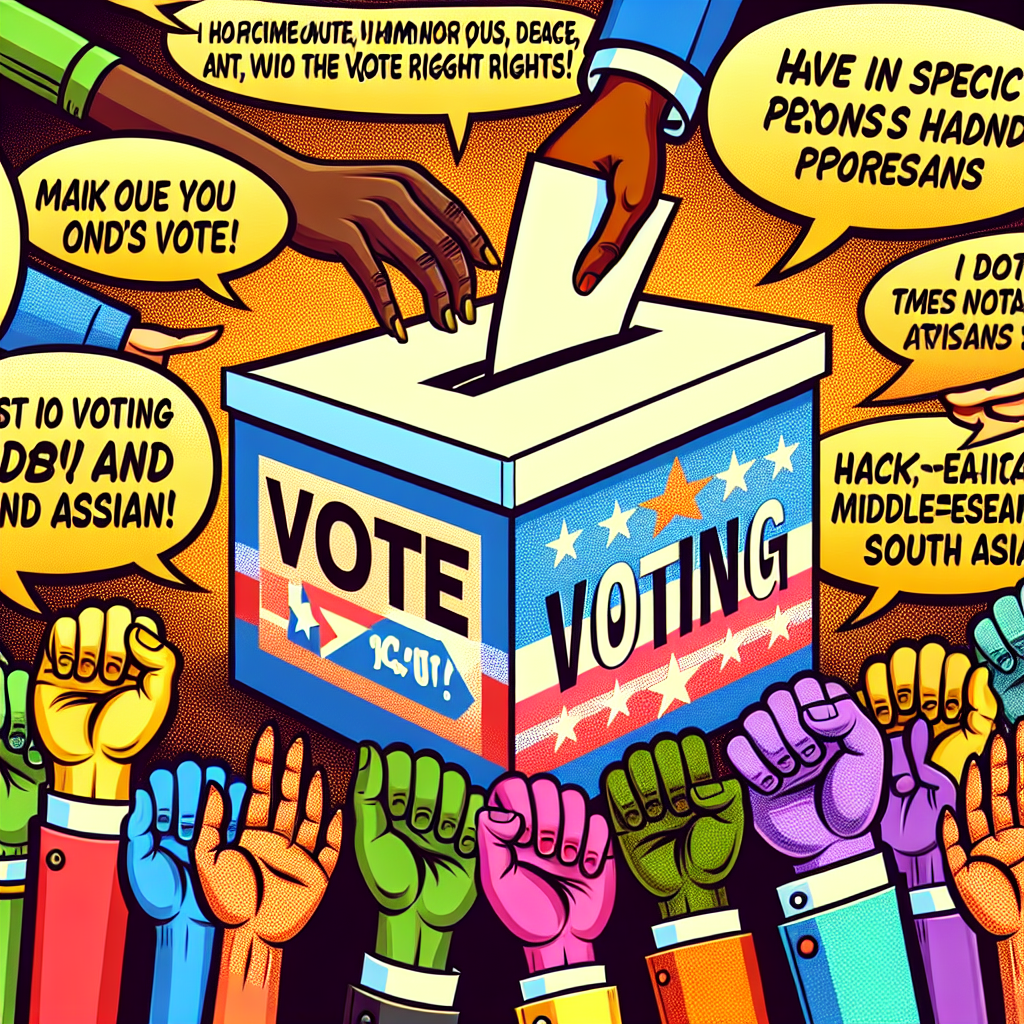Supreme Showdown: Voting Rights Act Faces Constitutional Challenge
The U.S. Supreme Court will examine the legality of a Voting Rights Act provision, posing a potential threat to racial discrimination protections in voting. The court's decision in a case involving Louisiana's electoral map could reshape U.S. districts, testing constitutional principles against racial fairness in redistricting.

The U.S. Supreme Court has announced its decision to evaluate a critical part of the federal Voting Rights Act, a move that could undermine long-standing protections against racial discrimination in voting. This assessment focuses on a provision from 1965 and its implications on states' ability to create additional minority-majority voting districts.
The case in question involves a Louisiana electoral map that increased Black-majority districts from one to two, raising questions about constitutional adherence and racial considerations in redistricting. The upcoming session could redefine how electoral boundaries are drawn, with potential nationwide impact by mid-2026.
Legal expert Rick Hasen highlights the case's significance, pointing out the Supreme Court's current conservative stance reminiscent of its 2013 ruling that weakened the Act. As racial equity remains a hot-button issue, this case highlights the ongoing tension between historical legislation and current constitutional interpretations.
(With inputs from agencies.)










